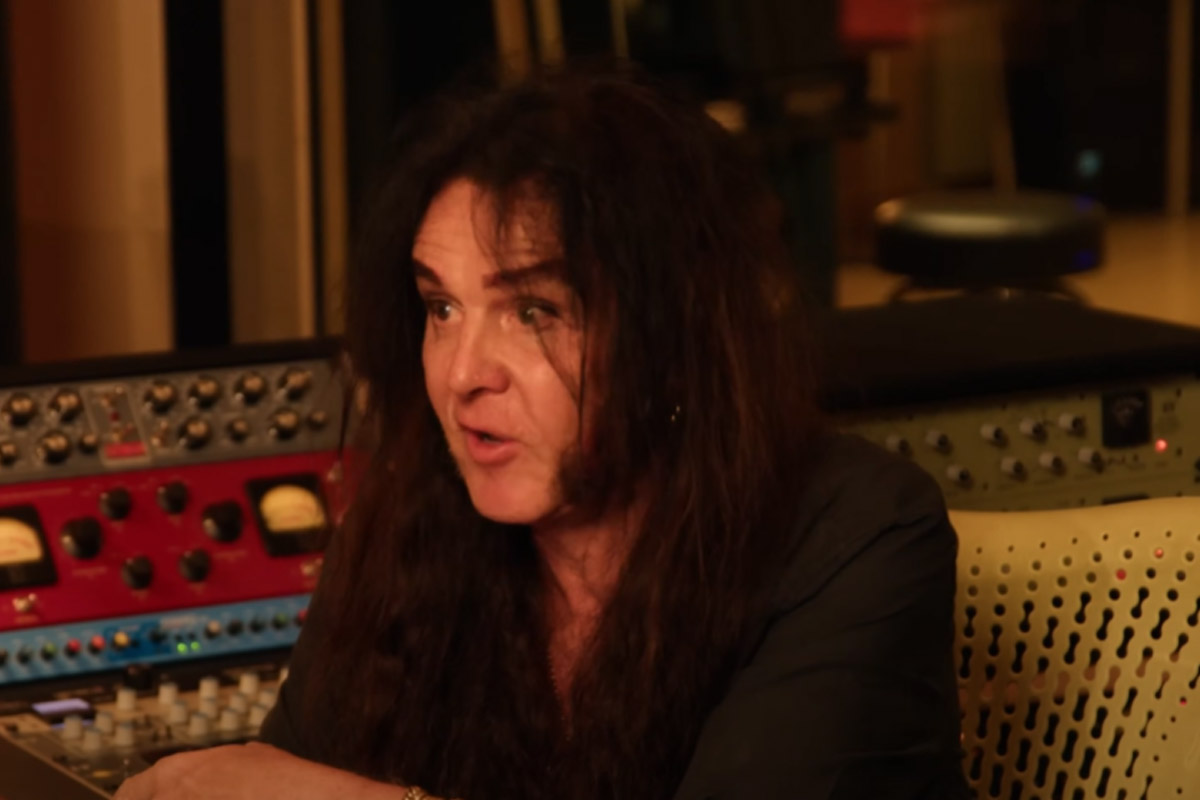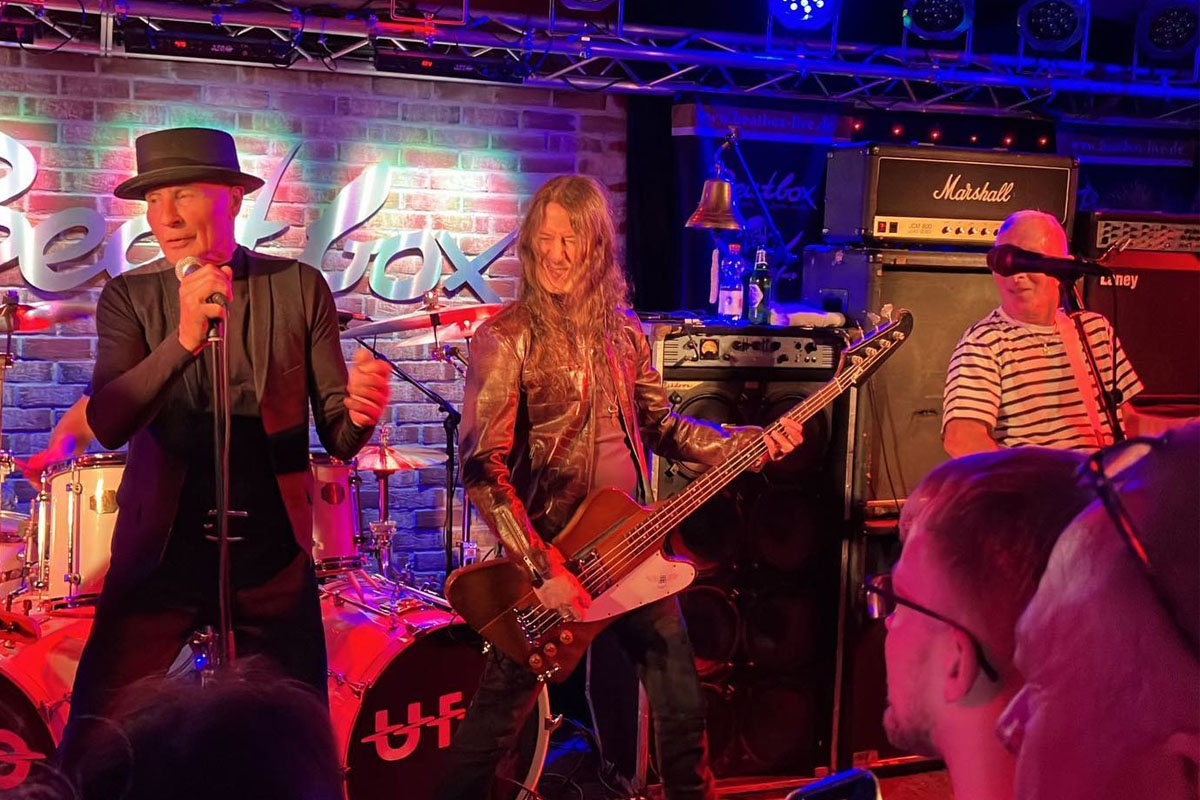Eddie Trunk recently interviewed legendary guitarist Yngwie Malmsteen. The Swedish virtuoso shared details about a crucial career choice between UFO and the future Alcatrazz.
“I remember one night we played in Orange County, and Phil Mogg, of UFO came there. I love that band, it was great. So, he was all like, ‘Hey, I’m putting UFO back together. I’ve gotta get a great guitar player, so come to my house tomorrow,'” Malmsteen recalled.
“So, the next morning, I get a phone call from somebody. I don’t know who it was. Some manager or something, from what became Alcatraz,” he continued. “I went to Phil Mogg’s house, and he was super cool, but he didn’t really have his stuff together that much as the other camp did.”
“I mean, it would have been awesome to be in UFO too, but that would mean I would have to do a lot of their classics and stuff like that — which is good, but I was more into the fresh start thing,” Malmsteen explained.
This decision shaped the trajectories of both bands in the 1980s metal scene.
The Alcatrazz Era

Research from Ultimate Guitar revealed that creative freedom drove Malmsteen’s decision to join Alcatrazz. The band’s vocalist Graham Bonnet led the project, which had not yet established its core sound or completed its lineup.
Malmsteen gained substantial control over the band’s direction. This freedom resulted in a distinctive fusion of hard rock and neo-classical metal.
UFO’s Reformation Period

MetalTalk documented UFO’s less organized reformation attempts under Phil Mogg. The band’s established status presented unique challenges during their rebuilding phase.
The obligation to perform UFO’s classic songs would have restricted Malmsteen’s musical exploration. This limitation became a key factor in his decision to decline their offer.
Long-Term Impact

Last.fm chronicled how Malmsteen’s time with Alcatrazz established his position as a pioneering guitar virtuoso in 1980s metal.
His choice enabled the development of his signature neoclassical style. UFO continued its evolution separately, maintaining its traditional hard rock sound without incorporating Malmsteen’s innovative approach.





